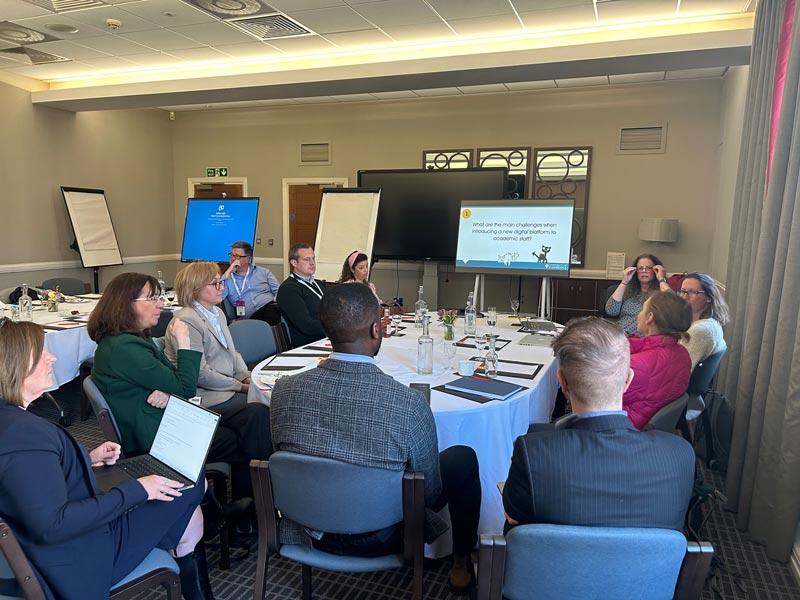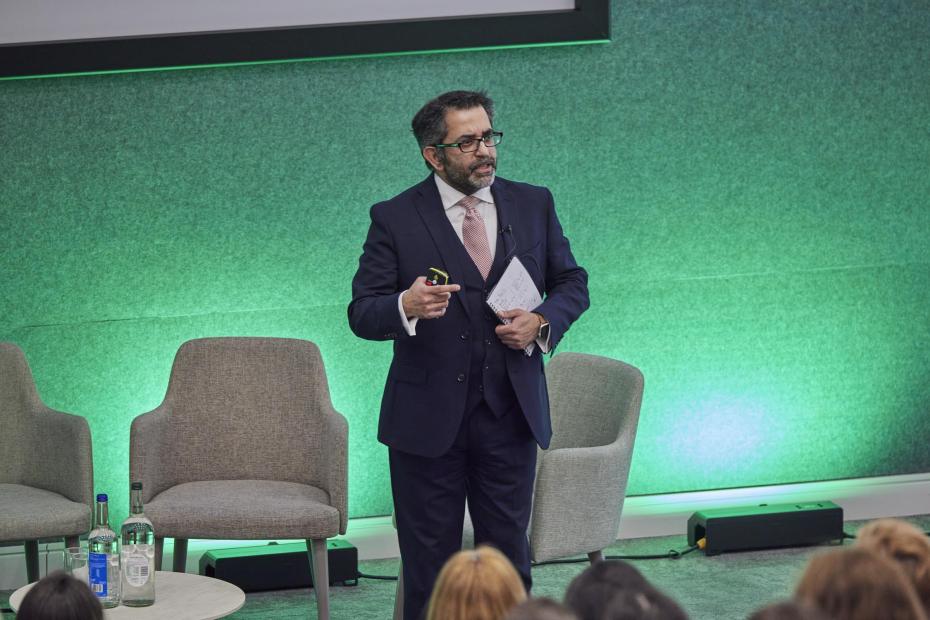For a university’s digital transformation to be successful, both faculty and students must be supported and consulted throughout the process. Fiona Orel, account manager at end-to-end digital assessment platform provider Inspera, supports universities with managing these cross-institutional changes. She says there is real value in using the institution’s broader strategy and values to guide the process.
“Stakeholders need to be involved in setting the goals for their digital transformation and making sure that these are aligned with the university’s values and strategy,” she says. “If you keep them at the core, regardless of who comes and goes, what you are doing is what the university is doing. And if you link it up to that then you are making it safe from criticism – and more sustainable.”
There will always be evangelists for digital technology, and there will always be sceptics. Universities need both, and they need them to collaborate. The more open the discussion the better.
Learning technologists can help academics see the potential in new digital platforms. “The learning technologists are key to the success of it,” Orel says. “They are the experts. They already work with the academics on the delivery of their content in different modes, so they understand the academics across the university and the support they need.”
At this year’s THE Digital Universities UK 2023 event, Inspera’s On-Campus workshop brought together leading voices in higher education to share success stories and some of the challenges they face “It brings people together to share the challenges they face and to benefit from the experience of others. But it’s not just about the challenges. We also get to hear people sharing their excellent assessment practices and creativity,” Orel says. “People in higher education understand the value of collaboration, and Inspera supports that through our events, our webinars, and with Inspera On-Campus.”
Students’ voices need to be heard too. Today’s student now arrives on campus with the expectation that some portion of their course will be delivered or assessed online. Student feedback can be invaluable in managing those expectations and helping universities deliver an experience that serves them best.
“The student voice must be represented,” Orel says. “What they are saying is an important part of the decisions that are made on teaching and learning, and for them to feedback to the student cohort about what decisions are being made, and how and why they are being made. It is very much the students who are demanding their voice is heard and having an impact on what is happening.”
Digital technologies allow educators to design more authentic and inclusive assessment experiences but not all students have access to devices, an internet connection or a quiet place to study. Involving students in discussions around teaching, learning and assessment can help universities get ahead of the issues of digital poverty and put measures in place to ensure all students have the necessary equipment to participate when working on-campus or remotely.
Find out more about Inspera.


comment